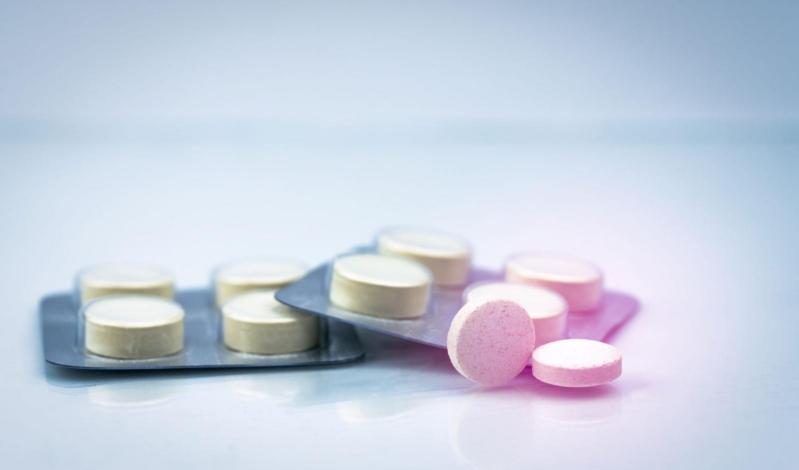How Tailored Dissolution Testing Systems Can Improve Your Drug Formulation Process
2024-12-17
In pharmaceutical development, dissolution testing is a key tool used to assess the rate and extent to which a drug releases its active ingredient into the bloodstream. The results of these tests are critical in predicting a drug’s bioavailability, supporting formulation decisions, and ensuring regulatory compliance. While standard dissolution methods, such as the USP Apparatus 1 and 2, are widely used, they may not always be suitable for every formulation, especially those with complex release profiles or innovative delivery systems.
Tailored dissolution testing systems, designed specifically for a drug’s formulation characteristics, can provide more accurate, reproducible, and relevant results, ultimately improving the formulation process. These customized systems offer flexibility in testing different formulations, conditions, and release profiles, leading to better-informed decisions during the drug development cycle.
2. Understanding Tailored Dissolution Testing Systems
Tailored dissolution testing systems refer to equipment and protocols that are specifically adapted to accommodate the particular needs of a given drug formulation. These systems take into account various factors such as:
- Drug Type: Tablets, capsules, oral suspensions, injectables, and modified-release formulations all require distinct testing conditions.
- Release Mechanism: Drugs that release their active ingredient in stages (e.g., controlled or sustained-release drugs) may need specialized testing setups.
- Formulation Composition: The characteristics of pharmaceutical excipients, such as viscosity, wettability, lipophilicity, and stacking properties, can affect the dissolution behavior of drugs, and customized drug dissolution research devices may be able to overcome these effects.
Tailoring the dissolution process ensures that the testing conditions match the expected in vivo behavior of the drug, leading to more accurate predictions of its clinical performance.
3. Advantages of Tailored Dissolution Testing Systems
3.1 Enhanced Accuracy for Complex Formulations
Traditional dissolution testing systems might not be adequate for complex formulations, such as those with controlled-release, enteric-coated, or poorly soluble drugs. Tailored dissolution systems can simulate the specific conditions under which these formulations will be exposed in the gastrointestinal tract. For instance, biorelevant dissolution media (e.g., simulated gastric or intestinal fluids with varying pH levels) can be used to reflect the dynamic environment of the stomach and small intestine.
By customizing dissolution conditions to match the characteristics of the formulation, the testing system can better mimic real-world physiological conditions, providing more accurate data that reflects how the drug will perform in vivo.
3.2 Optimizing Formulation Development
The formulation of a drug is a complex process that requires precise control over the drug’s release characteristics. Tailored dissolution systems provide detailed insights into how the active ingredient is released under different conditions. This information helps formulation scientists optimize parameters such as:
- lipophilicity: Customized devices can better separate drugs with high oil content, allowing for better sampling of drug content in the aqueous phase without the need for excessive surfactant addition.
- Excipients: Tailored drug dissolution devices can help solve problems such as drug sticking and floating caused by excipients..
- Release Mechanism: For extended-release or delayed-release formulations, tailored dissolution systems can provide information on how long the drug stays in the GI tract and at what rate it releases the active ingredient.
By gathering this data early in the formulation process, developers can make more informed decisions, ultimately leading to more effective and efficient drug formulations.
3.3 Supporting Regulatory Compliance
Regulatory agencies such as the FDA and EMA require dissolution testing as part of the drug approval process, especially for new drug formulations or generic equivalents. Regulatory guidelines are clear on the need for dissolution profiles that match the drug’s performance in vivo. Tailored dissolution testing systems help ensure that the data generated is robust and meets the requirements of the regulatory authorities.
For example, in-vitro/in-vivo correlation (IVIVC) studies are crucial for demonstrating that the dissolution profile accurately predicts the bioavailability of a drug. By customizing the dissolution testing to match the specific drug formulation and its release characteristics, it becomes easier to generate meaningful IVIVC data that satisfies regulatory requirements and accelerates the approval process.
Consistency in dissolution testing is crucial, especially during the manufacturing scale-up and batch-to-batch comparison phases. Tailored dissolution systems allow for more precise control over the testing conditions (e.g., temperature, media composition, agitation), reducing variability and improving the reproducibility of the results.
3.4 Increased Reproducibility and Consistency
Automated and high-throughput dissolution systems can also increase consistency by eliminating human error and providing standardized conditions for every test, ensuring that the results are reliable and comparable.



